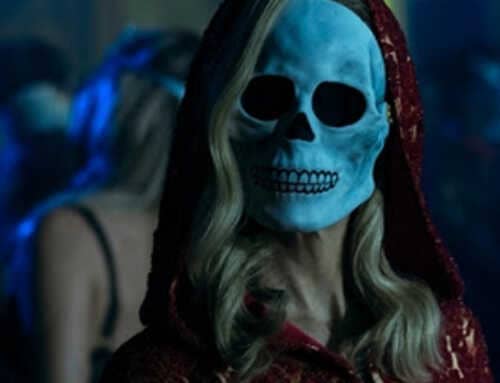Guilty as charged. Yes, I love a good True Crime story. Be it a docuseries or a dramatization, there is something addictive about watching criminal activities unfold in a narrative format. I am currently stuck on any version of the Murdaugh family’s tragic fall. It’s like mental junk food. But what does this say about us as a society and what does this do to us personally?
Author Erin Jung put together a brilliant editorial about the latest sensation to hit Netflix, Monster: The Jeffery Dahmer Story, and what might have been done to better honor the victims and their families.
She opens by saying…
“Netflix’s newest addition to its true crime catalogue, Monster: The Jeffery Dahmer Story, is just the most recent example of serial killer stories becoming overly dramatized. Over the 10-hour-long journey, we follow Dahmer through his whole life and frankly learn more about him than anyone needs to know. It is certainly not the first dramatic retelling of the Milwaukee cannibal, and it is unfortunately likely not to be the last as popularity among true crime media has spiked in recent years. No matter what streaming service we look to, we’re likely to find a dearth of information on the most infamous serial killers out there, but this begs the question of how much exposure to these heinous crimes is too much. At what point does morbid curiosity become exploitative?”
Jung also observes…
“We see that much of Dahmer’s motive comes from a fear of abandonment; he doesn’t want people to leave him so he attempts to keep them forever. And Evan Peters gives a stunning performance of the killer, from his accent to the dead-eyed stare and soulless smiles, but his performance also elicits sympathy during Jeff’s hard times. I don’t necessarily want to empathize with a serial killer, but the ethos in the tone of these scenes makes me feel like I should.”
Monster: The Jeffery Dahmer Story isn’t the only show to possibly border on good tastes as Jung goes on to explain…
“Dahmer isn’t the only piece of media guilty of this. Recently Hulu’s Ted Bundy: American Boogeyman depicted what could only be considered Bundy’s “greatest hits” throughout his killing career. We’re helpless to watch as he sneaks into the sorority house at Florida State, knowing full well that no one gets out of there alive. There are no “final girls” in this horror movie, because this horror is true and devastating. Likewise, casting handsome men to play him (who don’t look all that much like him) gives his character more romanticization. Of course, these poor women will fall for his obvious tricks, he looks like Chad Michael Murray or Zac Efron. Give one of them the signature Bundy unibrow and I think the image of him might change.”
The overall sentiment of the piece is that “Dahmer was a monster and we don’t need yet another biopic about him to determine that.”
Concluding, Jung suggests that…
“If Ryan Murphy or Netflix wanted to show the families justice, they would have created a documentary where the families could speak for themselves.”
To be fair, not all true crime takes the tact that Monster: The Jeffery Dahmer Story does. There are many docs and series that lend voice to the victims and offer a chance for them to speak their truth and ultimately heal. I suppose the point of the article is that we need more of those and less glorification.
For more insightful commentary on horror, check out what our friends at Gore Culture have to say.
One Comment
Comments are closed.








[…] Norman Gidney Source link […]